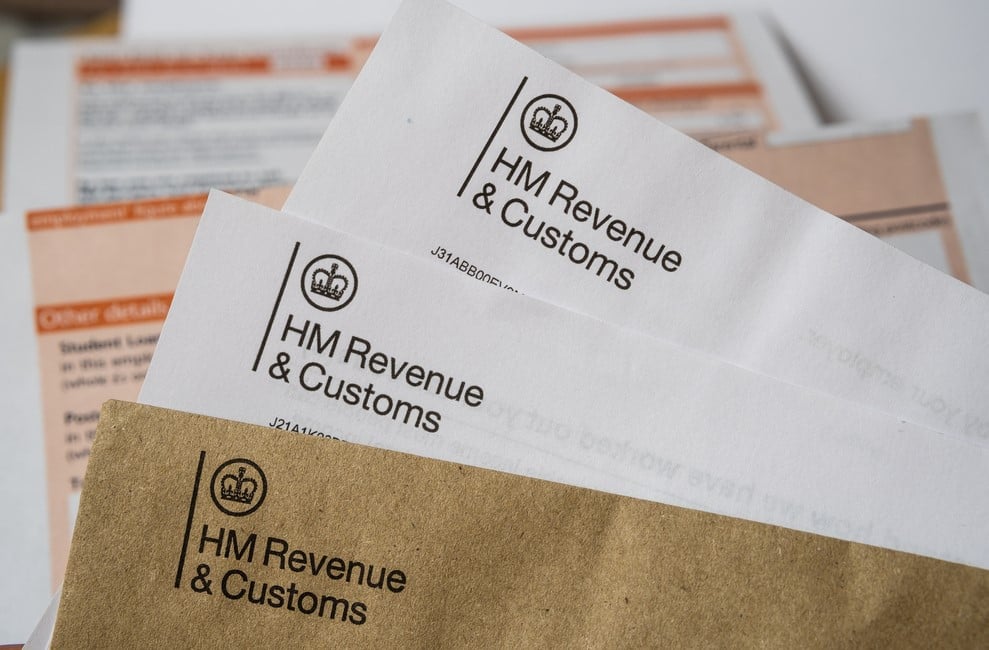Grasping Your HMRC Nudge Letter: Essential Tips!
Getting a letter from HM Revenue and Customs can often propagate waves of anxiety through anyone’s day. Generally, these communications come in different forms, but one type that may arrive in your mailbox is the so-called “nudge letter.” Crafted to remind or prompt taxpayers about their fiscal responsibilities, specifically pertaining to undeclared income, comprehending your HMRC nudge letter is essential to ensure that you’re satisfying your tax obligations effectually.
What specifically is an HMRC Nudge Letter?
A nudge letter from HMRC is basically a preventive measure rather than an accusatory one. These letters are part of HMRC’s strategy to urge taxpayers to freely amend any inconsistencies in their tax reports, notably focusing on overseas income that may not have been fully declared. Unlike formal audit letters, a nudge letter does not imply there is an current investigation into your tax affairs. Instead, it acts as a soft prompt that HMRC has data suggesting there might be undeclared income.

What’s the reason Have You Gotten One?
Should you’ve found one letters in your post, it’s probably because HMRC has obtained details which possibly clashes with the information you’ve provided, or implies there could be additional income sources that need to be considered. Common reasons for issuing a nudge letter include inconsistencies seen in the information provided by international tax authorities or financial institutions about overseas income.
Interpreting the Content
The key content of a nudge letter generally includes a notice about the importance of reporting all relevant incomes; a signal that errors should be rectified; and occasionally, links to guides on how to proceed with disclosing undisclosed income. It is vital to review the information noted about the suspected undisclosed income thoroughly and ascertain whether it relates to your situation.
Next Measures: What exactly Must You Perform?
Upon receiving a reminder letter, taking proactive steps is essential:
Review your Tax Returns: Verify your prior submissions to confirm all income sources were reported correctly. Pay particular focus to any international earnings.
Consult a Tax Consultant: In case there’s any kind of uncertainty about how to proceed or if amendments are necessary, consulting with a tax professional can provide clearness and guidance.
Reply Quickly: Adhere to any kind of instructions given in the notice concerning deadlines for response. Engaging cooperatively with HMRC can frequently avoid additional issues or inquiries.
Rectify Each Mistakes: If you discover mistakes or missing details, choose swift steps to correct it. This typically requires filing revised returns and collaborating fully with HMRC.
Deterrence is Preferred Rather than Solution
To sidestep forthcoming HMRC nudge letters, sustaining comprehensive and accurate records of every domestic and foreign income is sensible. Frequently updating tax filings and ensuring complete transparency can support evade the stress associated with such checks from the tax authorities.
Navigating tax matters can often seem intimidating, especially if it concerns complexities such as income from abroad. However, grasping why you obtained an tax authority prompt letter and understanding how to respond efficiently may not only assist in solving potential issues swiftly but also reinforce your commitment to careful monetary compliance. Keep in mind, HMRC uses these letters to assist taxpayers in staying on track rather than penalizing them without prior notice.
For more information about Letter from HMRC explore this popular internet page